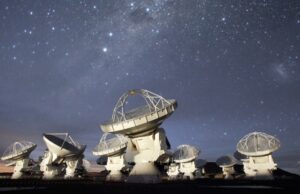
Virtual Event
- This event has passed.
Council Meeting A
August 21, 2025 @ 7:00 pm - 8:30 pm EDT
Virtual Event

Two ASTRO ACCEL Council Meetings are scheduled each month. All Council members must attend one of the meetings (A or B) each month. They are scheduled at different times to make it more convenient for you to attend.
LINK to Meeting GoogleFolder – https://drive.google.com/drive/folders/150m791E1mIz1maTkUrpmzyWcAxTv6jsZ?usp=drive_link
LINK to Zoom Meeting – https://zoom.us/j/93050846719?pwd=pSNIoFNWZpHpBoIzgULpJBJut0OoNu.1
